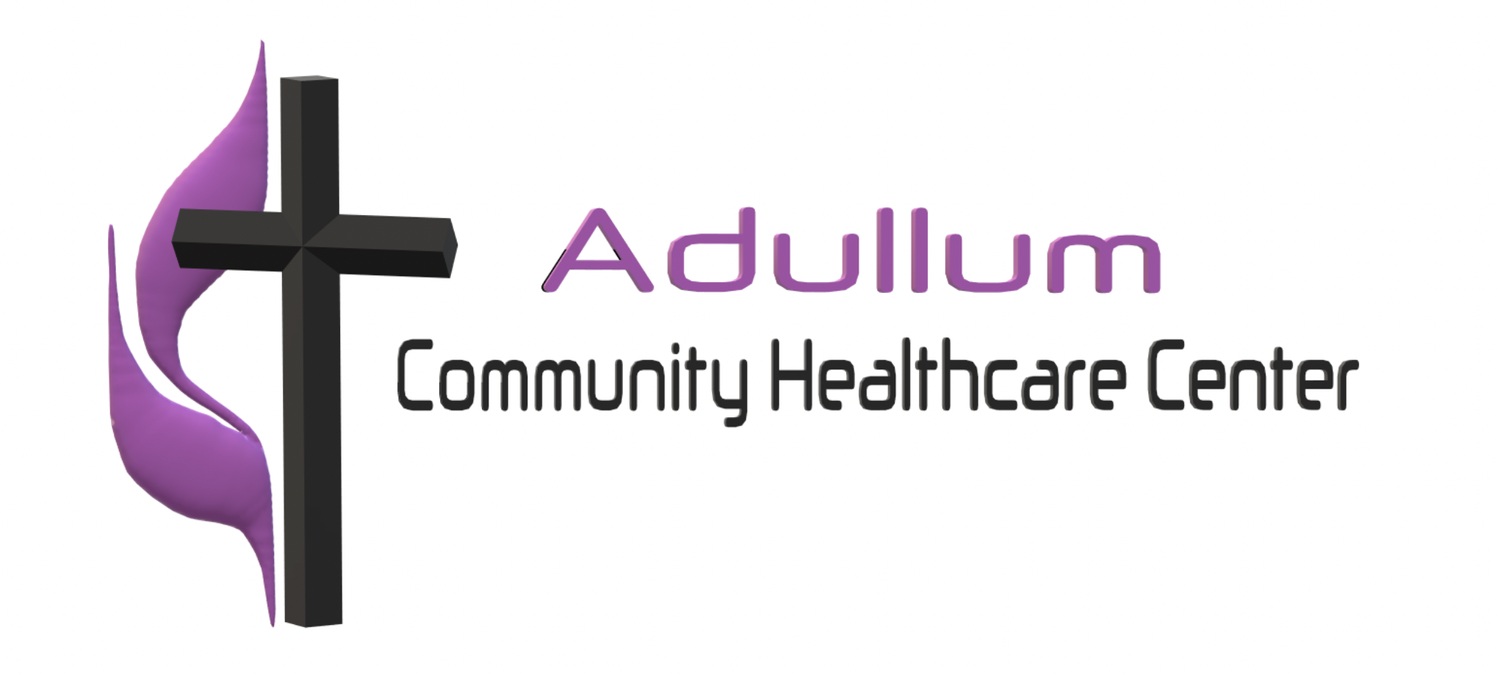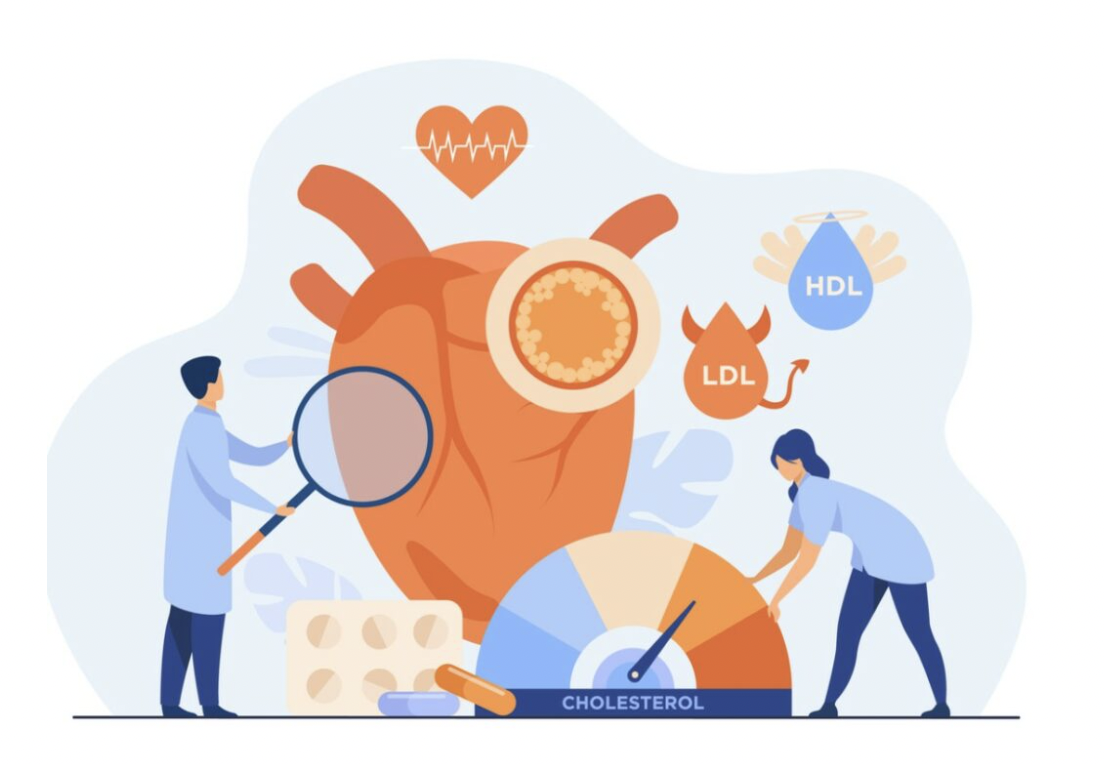COPD stands for chronic obstructive pulmonary (lung) disease. COPD takes into consideration a family of diseases that includes emphysema, chronic bronchitis, and emphysema. COPD progresses gradually and causes limited airflow into and out of the lungs.
Read MoreQuitting smoking is one of the most important actions people can take to improve their health. This is true regardless of their age or how long they have been smoking. The health benefits of quitting smoking are: 1) improves health and increases life expectancy 2) lowers risk of 12 types of cancer, cardiovascular disease, COPD, and several poor reproductive health outcomes 3) benefits people who have already been diagnosed with coronary heart disease or COPD.
Read MoreDiabetes is a disease in which your blood glucose (sugar) is too high because your body doesn’t make enough insulin or can’t use it as well as it should. Insulin helps glucose from food get into your cells to be used as energy and if there is not enough, then glucose stays in your blood and does not make it to your cells, making your blood glucose levels high. Over time, this issue can result in other serious health problems, such as heart disease, vision loss, and kidney disease.
Read MoreHigh blood pressure (hypertension) is a common condition in which the long-term force of the blood against your artery walls is high enough that it may eventually cause health problems, such as heart disease. Blood pressure is determined both by the amount of blood your heart pumps and the amount of resistance to blood flow in your arteries. The more blood your heart pumps and the narrower your arteries, the higher your blood pressure.You can have high blood pressure for years without any symptoms. Uncontrolled high blood pressure increases your risk of serious health problems, including heart attack and stroke. Fortunately, high blood pressure can be easily detected. And once you know you have high blood pressure, you can work with your doctor to control it.
Read MoreMental health includes emotional, psychological, and social well-being. It affects how we think, feel, act, make choices, and relate to others. Mental health is more than the absence of a mental illness—it’s essential to your overall health and quality of life. Self-care can play a role in maintaining your mental health and help support your treatment and recovery if you have a mental illness.
Read MoreMenopause is a natural decline in reproductive hormones when a woman reaches her 40s or 50s, and it is signaled by 12 months since last menstruation. Common symptoms include hot flashes and vaginal dryness. There may also be sleep disturbances. The combination of these symptoms can cause anxiety or depression.Menopause is a natural process with treatments that focus on symptomatic relief.
Read MoreLike eating nutritious food, drinking water, and exercising regularly, getting quality sleep is an important component of overall health. Although the exact reasons humans need to sleep remain unknown, sleep experts agree there are numerous benefits to consistently getting a full night’s rest. While sleeping, the body performs a number of repairing and maintaining processes that affect nearly every part of the body. As a result, a good night’s sleep, or a lack of sleep, can impact the body both mentally and physically, such as improving mood, maintaining a healthy heart, regulating blood sugar, relieving stress, or restoring immune system.
Read MoreCholesterol is a molecule that the body uses as a foundation for cell membranes and hormones like estrogen and testosterone. The liver produces about 80% of the body's cholesterol. The other 20% comes from diet including foods such as meat, poultry, eggs, fish, and dairy products. It is important to manage one’s cholesterol levels because otherwise, it can increase one’s risk of heart disease and heart attacks.
Read MoreEating a healthy, balanced diet is one of the most important things you can do to protect your health. In fact, up to 80% of premature heart disease and stroke can be prevented through your life choices and habits, such as eating a healthy diet and being physically active. A healthy diet can help lower your risk of heart disease and stroke by improving your cholesterol levels, reducing your blood pressure, helping you manage your body weight, or controlling your blood sugar.
Read MoreLearn about the benefits of earning a GED, which can be possible through our REAL services.
Read MoreFrom going to the gym to at home workouts to doing cardio or Pilates outside, there are an infinite number of ways you can exercise to achieve optimal health and live a long and prosperous life. All doctors recommend exercise to their patients, but what do patients do when they get home? Many are discouraged from starting an exercise regimen because they do not know what to do. This blog post will dive into workout routines and workout supplements. We want to teach everyone the fundamentals when it comes to exercise so it becomes an integral part in everyone’s life.
Read More










